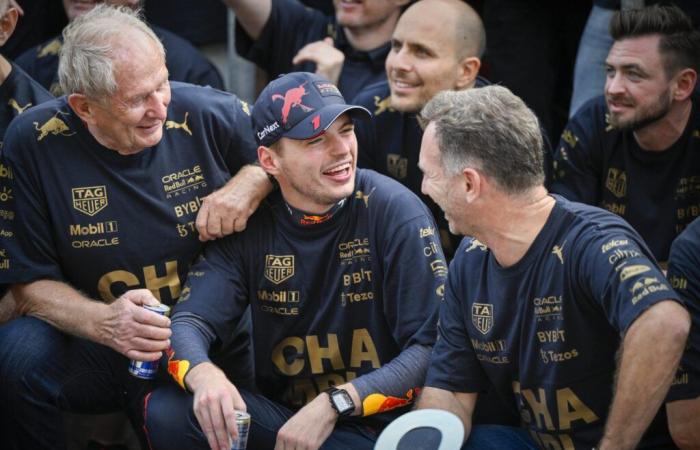
In the high-speed world of Formula 1, few teams have as polarizing a history as Red Bull Racing. Although the Milton Keynes team has produced some of the greatest drivers in F1 history, ex-F1 star Juan Pablo Montoya has criticized the team for its ruthless approach to talent development, saying that It had left many pilots on the side of the road—burned and abandoned.
Montoya's missed chance with Red Bull
Juan Pablo Montoya, known for his fiery temper and blazing speed, reflected on a key moment in his career when Red Bull entered F1 in 2005. The Colombian revealed he was approached by the team, but their paltry financial offer—a “two pesos,” as he put it—led him to decline.
“Red Bull offered me two pesos, and it took them four years to win. They would have burned me,” Montoya said, mincing no words in his criticism of the team's early struggles and lack of competitive hardware.
The Red Bull drivers' treadmill
Montoya's remarks highlight a long-standing narrative regarding Red Bull's treatment of drivers. The team's strategy of cycling through talent in search of perfection has often been controversial. According to Montoya, the team's early failures had less to do with the drivers and more to do with their own shortcomings. Yet rather than acknowledge their flaws, Montoya alleges, Red Bull simply replaced drivers until they found the right fit.
“By the time Red Bull was ready to fight for the championship, they probably would have blamed the driver and moved on to the next one,” Montoya said, using veteran driver David Coulthard as an example.
“Coulthard took the seat that was mine, if I wanted it,” he added, suggesting that even experienced talent was ultimately disposable in Red Bull's relentless quest for success.
A career of missed potential
For Montoya, the story is bittersweet. With seven career victories for Williams and McLaren, he demonstrated the skills needed to compete at the highest level, but never had the opportunity to drive a car capable of winning the championship. “The only thing I really needed in F1 was to be champion. And there was no opportunity to be in a car to be champion,” Montoya admitted.
Had Montoya joined Red Bull, he supposes he would have been another casualty of their early struggles—just one more driver sidelined before the team finally found its championship-winning form in 2010.
A model of 'burned' pilots
Montoya's statements resonate with a sentiment shared by many in the F1 community: Red Bull's history of prioritizing results over talent development. Secondary drivers often find themselves overshadowed by the team's chosen star. From the dynamic between Sebastian Vettel and Mark Webber to Max Verstappen's dominance today, Red Bull has consistently positioned itself as a team built around a single driver, with the second seat often feeling like a poisoned cup .
The struggles of drivers like Pierre Gasly and Alex Albon—both unable to match Verstappen's performance—underscore this reality. Although Red Bull's development program produced mega-stars, it also left behind a trail of careers that never reached their full potential.
The Evolution of Red Bull
To their credit, Red Bull has evolved considerably since its beginnings. Now a dominant force in F1, the team is synonymous with precision engineering, strategic brilliance and championship glory. But Montoya's comments are a reminder of the growing pains that defined their formative years—and the human cost of their relentless ambition.
As Formula 1 evolves, Red Bull's approach to driver management will remain under scrutiny. Will they continue their focus on a single driver, or will they adopt a more balanced dynamic? Only time will tell.





